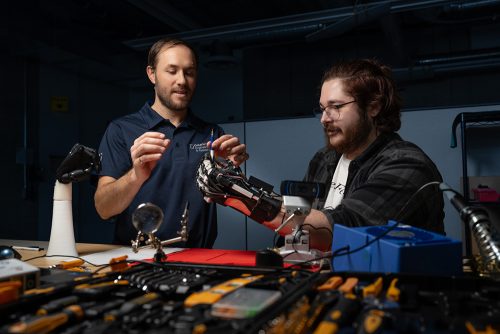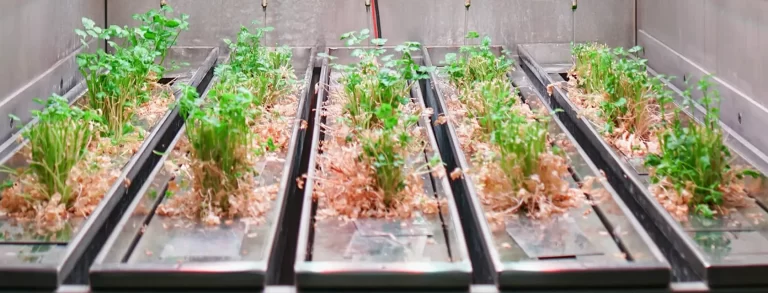
By harnessing AI, University of Guelph researchers are developing new AI-driven innovations to protect regions from disease outbreaks, food insecurity, and climate-related disasters, helping improve the safety and quality of life in Ontario’s communities.
One research team is using AI to analyze online search and social media trends to forecast avian flu outbreaks before they happen, helping protect food systems, reduce economic losses, and keep grocery prices stable. Other Guelph researchers are developing interactive dashboards that allow local health authorities to model how measles, flu, RSV, and COVID-19 might spread, enabling smarter vaccination strategies and earlier interventions. These advances give communities powerful tools to prepare for and prevent health crises.
Another team is using satellite imagery and machine learning to improve flood prediction – particularly in rural or remote areas with limited on-the-ground data. By offering faster, more accurate forecasts, these tools help municipalities prepare infrastructure, inform residents, and mitigate costly damage. Together, these AI tools are enabling public health officials, municipalities, and farmers to respond earlier and more effectively to emerging threats – preventing widespread harm and strengthening local resilience.
For more information, visit the University of Guelph.



